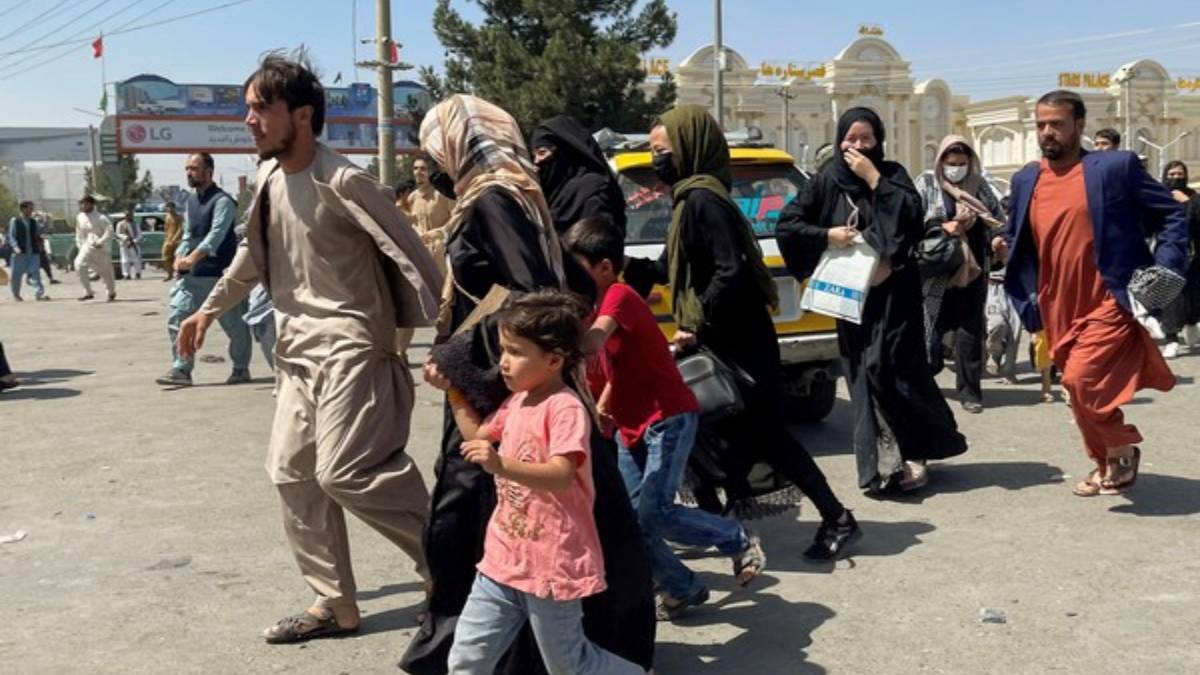Pakistan is set to launch the third phase of its Afghan refugee deportation drive starting Monday, potentially affecting around 1.4 million registered Afghan nationals, according to a report by Khaama Press.
The Ministry of Interior confirmed that this phase will begin following the June 30 deadline for the voluntary return of refugees holding UNHCR-issued Proof of Registration (PoR) cards. Refugees failing to leave by this deadline will face forced deportation, the ministry stated.
This decision has triggered widespread alarm among humanitarian organisations and rights groups, who have condemned the move as a violation of international refugee protection norms.
Since October 2023, Pakistan has already deported nearly one million Afghan nationals in earlier phases of its intensified crackdown on both undocumented migrants and registered refugees. Officials have justified the action on “national security” grounds.
Rights advocates, however, argue that the mass expulsions endanger vulnerable populations and could fuel further instability in Afghanistan, a country still reeling from humanitarian crises and economic collapse.
The United Nations High Commissioner for Refugees (UNHCR) and the International Organization for Migration (IOM) have issued urgent appeals to Pakistan to suspend the deportations, warning that Afghanistan lacks the infrastructure to absorb such large-scale returns. They’ve called for a coordinated international response to support refugee reintegration and essential services.
Afghan refugees in Pakistan have also alleged harassment and extortion by security forces, with some claiming that deportations are being used by corrupt officials as a money-making scheme, with detainees released in exchange for bribes.
As concerns mount globally, pressure is building on Islamabad to reconsider its approach and uphold its obligations under international humanitarian law.





